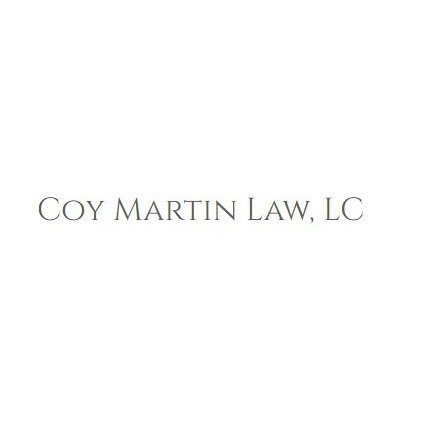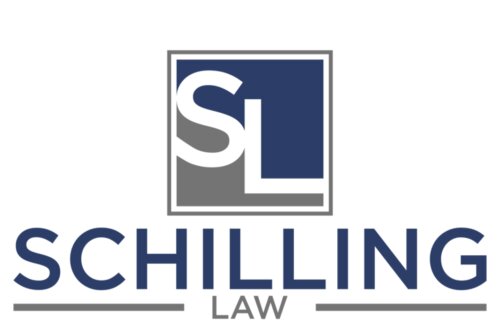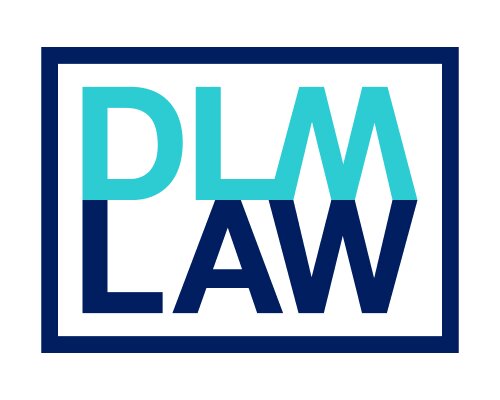Best General Litigation Lawyers in Kansas
Share your needs with us, get contacted by law firms.
Free. Takes 2 min.
Or refine your search by selecting a city:
List of the best lawyers in Kansas, United States
About General Litigation Law in Kansas, United States
General Litigation in Kansas refers to the process of resolving legal disputes through the court system or through alternative dispute resolution methods such as mediation or arbitration. This area of law covers a wide range of civil matters that do not fall under specialized categories like criminal, family, or bankruptcy law. General Litigation includes disputes between individuals, businesses, or government entities over issues such as contracts, property, personal injury, landlord-tenant matters, and more. In Kansas, General Litigation is governed by both state and federal laws, with proceedings typically taking place in the Kansas state courts or relevant federal courts, depending on the nature and circumstances of the case.
Why You May Need a Lawyer
While some legal disputes might appear straightforward, most General Litigation cases in Kansas involve complex rules, procedures, and deadlines. People often require legal assistance for situations including:
- Breach of contract claims involving individuals or businesses
- Personal injury lawsuits resulting from accidents
- Property disputes between neighbors or landlords and tenants
- Employment disagreements such as wrongful termination or discrimination claims
- Debt collection or defense against creditors
- Business disputes including partnership disagreements or business torts
- Defamation, libel, or slander claims
- Consumer protection matters such as unfair trade practices or fraud
- Enforcement or defense of judgments
A lawyer can help you understand your rights, evaluate the strengths of your case, gather and present evidence, comply with court procedures, negotiate settlements, represent you at hearings and trials, and protect your interests throughout the litigation process.
Local Laws Overview
In Kansas, General Litigation is primarily governed by the Kansas Statutes Annotated (KSA), which sets out the rules for filing, conducting, and resolving civil lawsuits. The Kansas Rules of Civil Procedure outline the steps litigants must follow, such as pleadings, motions, discovery, and trial procedures. Key aspects of Kansas litigation law include:
- Statute of Limitations: Varies by case type. For example, most personal injury actions must be filed within two years of the incident, while written contract disputes usually have a five-year limit.
- Comparative Fault: In personal injury cases, Kansas follows a modified comparative fault rule. If you are 50 percent or more at fault, you cannot recover damages.
- Alternative Dispute Resolution: Courts may encourage or require mediation or arbitration before allowing a case to proceed to trial.
- Court Structure: Civil cases are generally heard in district courts, with an appellate process leading to the Kansas Court of Appeals or the Kansas Supreme Court.
- Small Claims: For disputes involving smaller amounts, Kansas offers Small Claims Court, which is designed to be more accessible for individuals without lawyers.
Knowing these rules is critical, as failure to meet deadlines or properly comply with procedures can result in your case being dismissed or your rights being compromised.
Frequently Asked Questions
What is General Litigation?
General Litigation refers to legal disputes between parties outside specialized legal areas like criminal law or family law. It covers a wide range of civil matters, including contracts, property, personal injury, and business disputes.
Do I need a lawyer for General Litigation in Kansas?
While you are not required to have a lawyer, legal representation is strongly recommended due to the complexity of litigation procedures, deadlines, and legal strategy involved in pursuing or defending a case in Kansas.
How long do I have to file a lawsuit in Kansas?
Filing deadlines, known as statutes of limitations, vary by case type. For personal injury, the limit is generally two years. For written contracts, it is typically five years. Consult an attorney to determine the deadline for your specific situation.
What is the difference between mediation and litigation?
Litigation is the process of resolving disputes through the court system, while mediation is a voluntary settlement process facilitated by a neutral third party, often required or encouraged before a case proceeds to trial in Kansas.
What should I bring to my first meeting with a litigation attorney?
Bring all relevant documents, such as contracts, correspondence, evidence, photographs, police reports, and a written summary of your case. This helps the attorney evaluate your situation more effectively.
What is Small Claims Court in Kansas?
Small Claims Court is a simplified legal forum for individuals and businesses to resolve disputes involving smaller monetary amounts, typically up to $4,000, without the need for formal legal representation.
What is the process of a typical litigation case?
The process generally includes filing a complaint, serving papers to the opposing party, discovery (exchange of information), motion practice, possible mediation or settlement talks, and a trial if the case does not settle.
Can I recover attorney fees if I win my case?
In Kansas, each party is generally responsible for their own attorney fees unless a law or contract provides otherwise. There are exceptions, so consult your lawyer for advice based on your specific circumstances.
What is discovery in litigation?
Discovery is the formal process where both sides exchange information relevant to the case. This includes written questions, document requests, depositions, and sometimes court-ordered examinations.
What happens if I cannot pay a judgment against me?
If a court orders you to pay a judgment and you cannot pay in full, options include negotiating a payment plan, exploring exemptions, or sometimes appealing the judgment. Consulting an attorney is important if you face financial difficulty after a judgment.
Additional Resources
If you need more information or assistance with a General Litigation issue in Kansas, consider these helpful resources:
- Kansas Judicial Branch - Find court locations, filing procedures, and self-help resources.
- Kansas Bar Association - Offers legal referral services and lawyer directories.
- Kansas Legal Services - Provides free or low-cost legal help for eligible individuals.
- Local county law libraries - Public libraries may have legal research materials and staff to guide you.
- United States District Court for the District of Kansas - For cases involving federal law or parties from different states.
Next Steps
If you believe you need legal assistance with a General Litigation matter in Kansas, consider the following steps:
- Gather all documentation and information related to your dispute.
- Determine the filing deadlines that may apply to your case and act promptly to protect your rights.
- Contact a qualified Kansas litigation attorney for a case evaluation and advice tailored to your situation.
- If cost is a concern, explore resources like Kansas Legal Services or check if you qualify for small claims court.
- Follow your lawyer's advice closely and be proactive in communicating any developments or concerns related to your case.
By taking these steps, you can help ensure that your legal interests are protected and that you are well prepared for the challenges involved in General Litigation in Kansas.
Lawzana helps you find the best lawyers and law firms in Kansas through a curated and pre-screened list of qualified legal professionals. Our platform offers rankings and detailed profiles of attorneys and law firms, allowing you to compare based on practice areas, including General Litigation, experience, and client feedback.
Each profile includes a description of the firm's areas of practice, client reviews, team members and partners, year of establishment, spoken languages, office locations, contact information, social media presence, and any published articles or resources. Most firms on our platform speak English and are experienced in both local and international legal matters.
Get a quote from top-rated law firms in Kansas, United States — quickly, securely, and without unnecessary hassle.
Disclaimer:
The information provided on this page is for general informational purposes only and does not constitute legal advice. While we strive to ensure the accuracy and relevance of the content, legal information may change over time, and interpretations of the law can vary. You should always consult with a qualified legal professional for advice specific to your situation.
We disclaim all liability for actions taken or not taken based on the content of this page. If you believe any information is incorrect or outdated, please contact us, and we will review and update it where appropriate.
Browse general litigation law firms by city in Kansas
Refine your search by selecting a city.
















